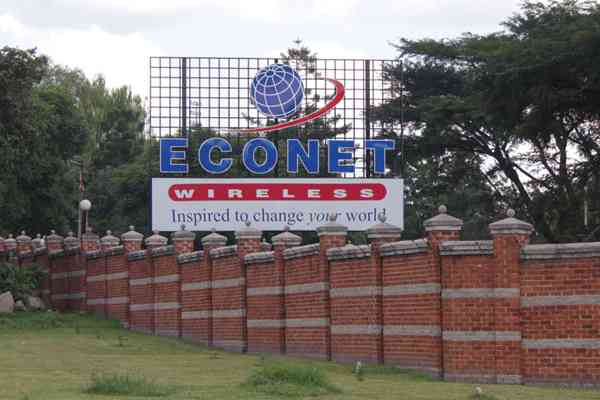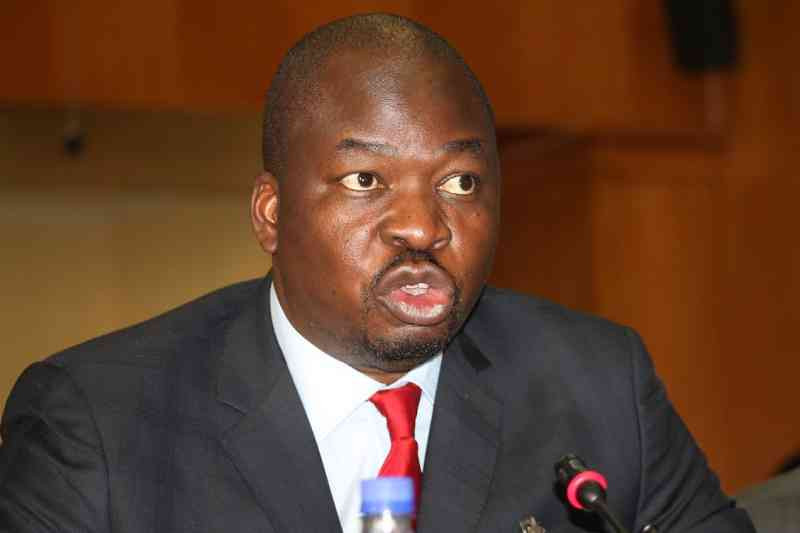
This week, the Ministry of Transport and Infrastructural Development published its first quarter notice of tender awards, detailing contracts for road maintenance, construction works, equipment supply, and security services.
Officials, including Nick Mangwana, the permanent secretary in the Ministry of Information, praised the publication as evidence of growing transparency and accountability.
While releasing a list of successful bidders is a step forward, it does not constitute genuine transparency. True accountability must be embedded throughout the entire procurement cycle — from the advertisement of tenders to the fair evaluation and merit-based awarding of contracts. Zimbabwe’s procurement system has long been riddled with opaque practices. Well-connected individuals and dubious briefcase companies frequently secure lucrative contracts, often without a credible track record.
A close examination of the ministry’s tender document raises several concerns. Some contractors have been awarded multiple tenders. Of particular concern is the recurring appearance of tender number MOTIDCAPEX 262 of 2024 across various equipment supply contracts—raising red flags about possible irregularities or duplicated allocations. Most troubling, however, is the complete absence of evaluation criteria or justification for the selection of winning bidders. Without this information, it is impossible for the public to assess whether procurement procedures were properly followed.
Transparency demands more than disclosure — it requires fairness and integrity. When the same companies repeatedly win bids without open competition, or when politically-aligned individuals dominate contract awards, the system becomes fundamentally compromised.
This is made worse by Zimbabwe’s persistent problem of substandard delivery. Too often, contractors provide poor quality infrastructure with little, to no consequence. Meaningful accountability would involve blacklisting underperforming firms and imposing strict penalties for non-performance. The government must move beyond superficial transparency measures and pursue deep, institutional reform. This includes: Publishing full tender documentation and evaluation reports; conducting robust due diligence on bidding entities; including checks for conflicts of interest; and implementing effective monitoring systems to ensure quality delivery.
Firms that fail to meet contractual obligations should be disqualified from future tenders and face financial penalties. These are basic safeguards in any functioning procurement system.
While the ministry’s publication signals a commitment to infrastructure investment, without genuine accountability, it risks being dismissed as window dressing. If the government is serious about reform, it must commit to full transparency — not selective disclosures meant to generate positive headlines. The public has every reason to remain sceptical until such reforms are implemented. Transparency must not become a public relations tool. It is an essential system of checks and balances — one that Zimbabwe’s procurement processes urgently require.
- Muckraker: Power cuts: Undeniable sign of economic growth
- Diasporans prop up CCC 2023 preps
- Govt suspends licences of Rimbi and Zebra Kiss buses after fatal accident
- Act now to curb road carnage
Keep Reading
The ministry must demonstrate that tenders are awarded on merit, not on political patronage.











